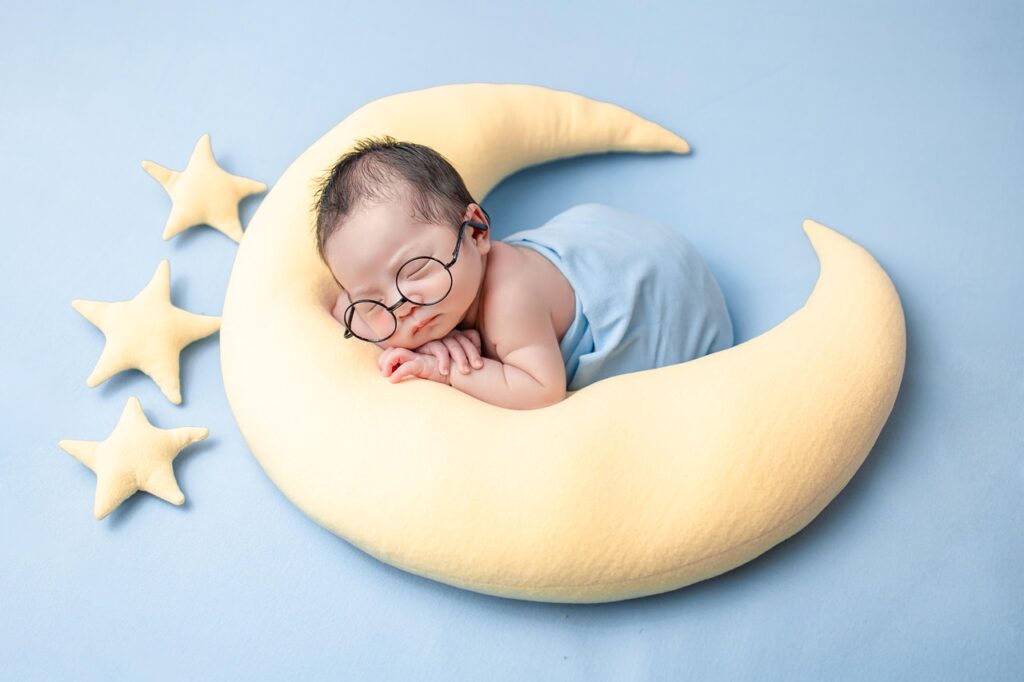
The world of baby names is a wild ride, isn’t it? One minute, a name like “Cassian” is making headlines for being linked to a “giant” newborn, capturing global attention, and the next, classic names are sliding silently into the archives of history. It’s a constant ebb and flow, a fascinating reflection of our ever-evolving culture, trends, and even pop culture phenomena that shape our choices.
Every generation leaves its mark, not just in music or fashion, but in the very names we choose for our children. And when we talk about generational naming trends, few periods are as distinctive as the Baby Boom. Spanning from the end of World War II through the mid-1960s, this era saw a massive surge in births and a distinct set of names that, for decades, seemed to be everywhere.
But what worked for Grandma and Grandpa (or maybe even Mom and Dad) often doesn’t resonate with new parents today. Most of those once-ubiquitous Baby Boomer names that populated classrooms and playgrounds for decades are now becoming obsolete. They’re scarcely found among adults of today’s generation, let alone adorning the birth certificates of newborns. So, if you’re ready for a delightful dive into nostalgia, let’s explore some of these names that have gracefully, or sometimes dramatically, faded into the past.
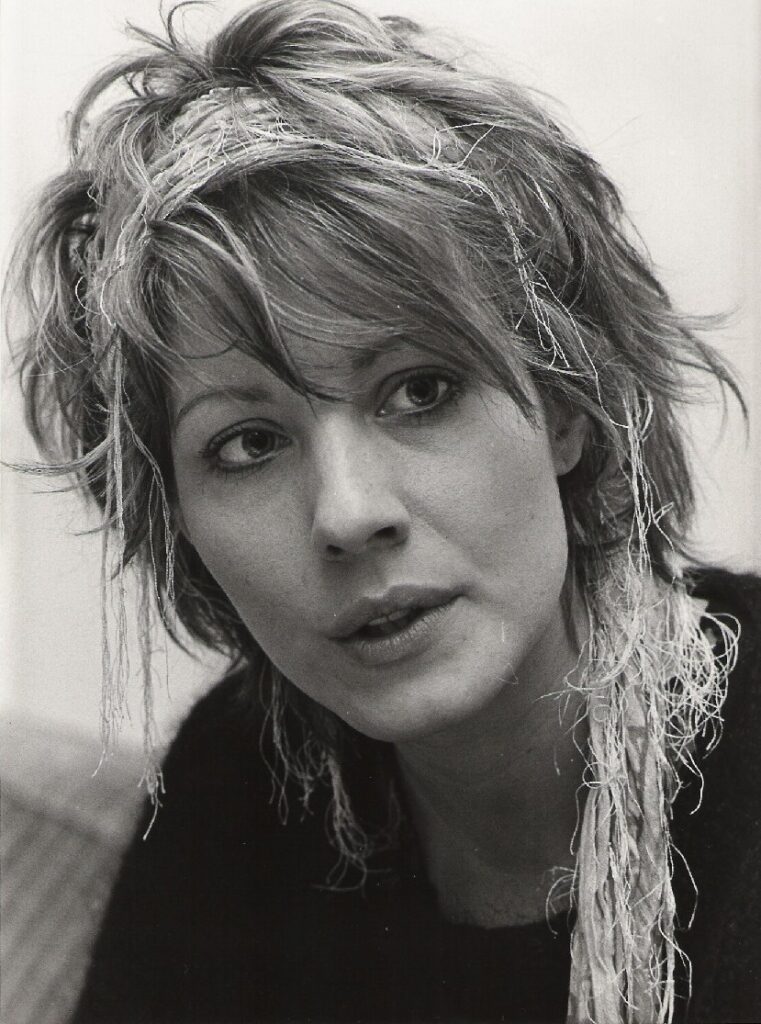
1. **Linda**Before World War II, the name Linda was already quietly on the rise, gaining a gentle foothold. Its true explosion, however, came in 1947 when songwriter Jack Lawrence composed a hit song for his attorney’s daughter, also named Linda, which was then popularized by crooner Buddy Clark. This musical magic instantly propelled Linda into the national spotlight, solidifying its place in American culture.
That same year, an astonishing nearly 100,000 baby girls were named Linda in the United States—the largest number ever for a girl’s name in American history. While its connection to Lee Eastman’s daughter, who became Linda McCartney, adds a famous footnote, it was truly the song that cemented Linda as the quintessential Baby Boomer name, a moniker that defined a generation of girls with its simple charm and widespread appeal.
Yet, the very popularity that defined Linda ultimately led to its decline. By the 1970s, the name had become overexposed, losing its freshness through sheer ubiquity. This widespread saturation triggered a sharp decline in its usage, a trend that continues today. Linda is now rarely given to newborns, serving as a poignant reminder of how even the most celebrated names can eventually fade into history.
Read more about: Beyond the Hype: 14 Films That Absolutely Blew Our Expectations Out of the Water
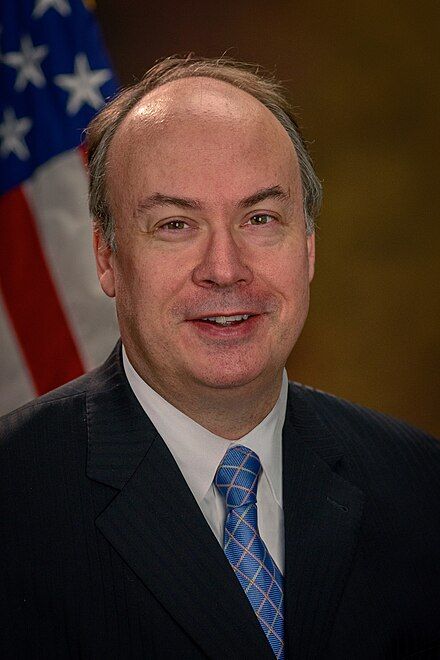
2. **Jeffrey**Jeffrey, with its friendly nickname “Jeff” and simple, two-syllable flow, once felt both classic and approachable, embodying an easygoing charm. Its popularity was significantly bolstered by prominent figures like actor Jeff Bridges and numerous other Jeffs in sports and television, who helped embed the name deeply within the public consciousness during the Baby Boomer era. It suggested a robust yet understated coolness.
However, the widespread familiarity that once endeared Jeffrey eventually contributed to its decline. In recent years, negative associations stemming from public scandals involving individuals with the name have, unfortunately, cast an undeserved shadow. This has created a perception that the name “belongs” to an older generation, making it less appealing to modern parents who often seek names free from such connotations.
Consequently, Jeffrey is now an uncommon choice for a baby, largely remembered as a hallmark of the Baby Boomer generation rather than a fresh option for new arrivals. Its journey from ubiquity to rarity highlights how quickly societal perceptions can shift, influencing naming trends and leaving once-popular monikers to become nostalgic echoes of the past.
Read more about: An Unforgettable Run: Iconic Athletes Marking the Sunset of Sporting Glory
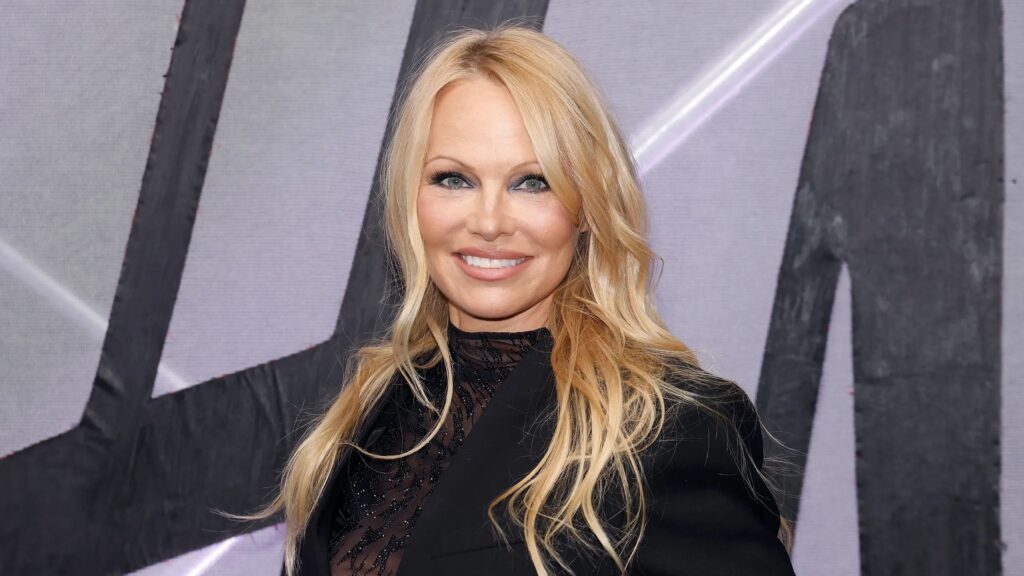
3. **Pamela**The name Pamela boasts fascinating literary origins, far predating its Baby Boomer heyday. It was first ingeniously crafted by the 16th-century poet Sir Philip Sidney for his pastoral romance, “Arcadia.” The name is believed to elegantly merge the Greek terms “pan” (meaning “all”) and “meli” (meaning “honey”), thus signifying the beautiful concept of “all sweetness,” imbuing it with an intrinsic charm and poetic grace.
Despite its illustrious literary birth, Pamela remained an uncommon choice for several centuries. Its significant resurgence in the 18th and 19th centuries, however, imbued it with an aura of refined elegance and sophistication, cementing its place as a name associated with cultured charm. This rich history set the stage for its eventual popularity among Baby Boomer parents seeking names with a touch of classic beauty.
While Pamela enjoyed a period of favor, particularly during the mid-20th century, its widespread use, like many names on this list, eventually receded. Its inclusion among names rarely heard today underscores that its moment as a common choice has passed. Pamela now stands as a gentle reminder of its literary heritage and a once-cherished elegance, a name that evokes a softer, sweeter time but is rarely chosen for newborns.
Read more about: Decoding LinkedIn: 14 Jaw-Dropping Facts About the World’s Go-To Professional Hub
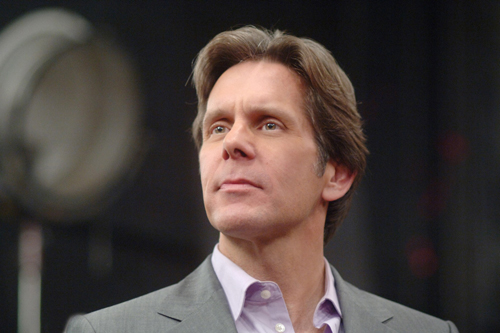
4. **Gary**Gary, derived from the Old German element “Ger-,” meaning “spear,” carries an inherent sense of strength and purpose, a quality that resonated deeply in mid-20th century America. Its rise to prominence was significantly influenced by Hollywood icon Gary Cooper, whose stoic masculinity gave the name considerable star power, alongside the industrial city of Gary, Indiana, which added a layer of familiarity and recognition.
Throughout the 1950s and 1960s, Gary was an exceptionally popular choice for American boys, reaching its peak in 1956 as the 13th most popular name in the United States. This period saw Gary as a dependable and widespread moniker, a clear favorite among Baby Boomer parents seeking a name that was both classic and contemporary. It truly defined a generation of young men.
Following the Baby Boom era, however, Gary’s widespread appeal began to decline precipitously. From the 1970s onwards, it became increasingly less common, slowly fading from top baby name lists. Today, Gary is rarely seen among recent births, existing primarily as a nostalgic reference. While cultural figures like actor Gary Oldman and cartoonist Gary Larson maintain its presence in public consciousness, the name’s era of mainstream popularity has firmly ended.
Read more about: 15 Mind-Blowing Animal Facts You Absolutely Won’t Believe

5. **Brenda**The name Brenda carved out its place in the mid-to-late 20th century, largely thanks to powerful female figures in entertainment. Rockabilly and pop icon Brenda Lee, famous for her hit “I’m Sorry,” brought considerable public recognition and a cool, spirited image to the name, making it an attractive choice for many parents during her heyday. She embodied a vibrant energy that resonated widely.
Later, Brenda Walsh, a pivotal character in the immensely popular 1990s teen drama Beverly Hills, 90210, further solidified the name’s place in popular culture. She became synonymous with the defining fashion, drama, and youthful spirit of the decade, keeping Brenda relevant and even stylish for a new generation, embedding it firmly in the public imagination.
However, like many names tethered to specific pop culture moments, Brenda’s widespread appeal eventually receded as new trends emerged. Its inclusion on this list signifies that while the legacies of Brenda Lee and Brenda Walsh are enduring, the name itself is far less common for newborns today. Brenda has transitioned from a pop culture icon to a nostalgic nod, reflecting the continuous evolution of naming preferences over time.
Read more about: 15 Action Films That Rank as the Worst of All Time
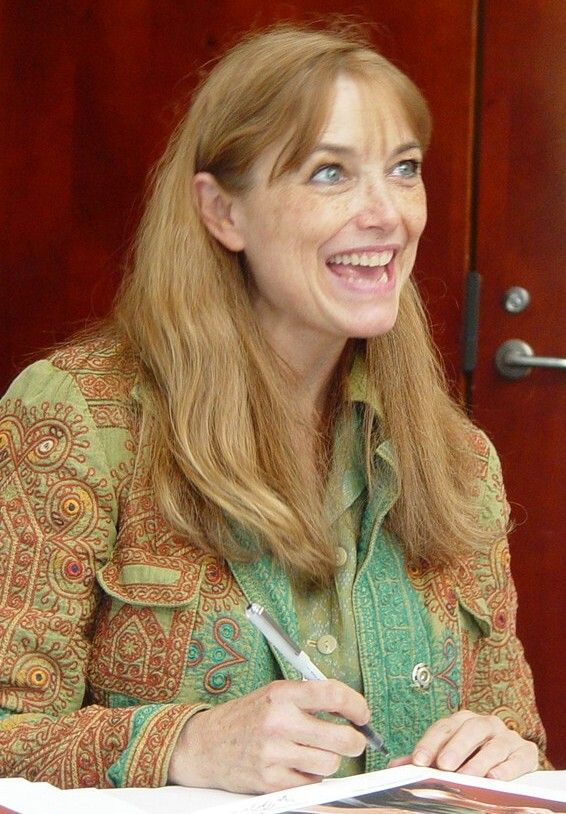
6. **Karen**Karen’s trajectory from an ordinary given name to a cultural touchstone—and then to a name mired in stigma—is one of the most striking transformations in recent memory. Unlike names that simply faded, Karen’s decline is deeply rooted in an unforeseen wave of cultural associations that dramatically reshaped its public perception. It’s a powerful example of how a name can take on a life of its own beyond its original meaning.
A significant 2025 socio-onomastic study, published in Names: A Journal of Onomastics by researcher I.M. Nick, unveiled the profound psychological impact of the name. Surveying 681 women named Karen, the study revealed measurable harm, from quantifiable discrimination to heightened hypervigilance and even symptoms akin to PTSD. This research illuminated the severe mental and emotional toll the cultural shift had taken.
Consequently, “Karen” transformed from a once-positive name into a pervasive cultural insult, a shorthand for a specific, often negative, stereotype. This dramatic shift has had a lasting effect on its usage. Despite its once positive legacy and widespread acceptance, very few parents today choose to bestow this name upon their children, making its virtual disappearance from new birth registries a truly unique and cautionary tale in the annals of naming trends.
Ready for another dose of name-inspired nostalgia? If you thought the stories of Linda and Karen were wild, just wait until you see the next batch of names that ruled the playgrounds of yesteryear but are now whispered only in historical anecdotes. Our journey through the fascinating evolution of Baby Boomer names continues, revealing more captivating narratives about historical significance, unforgettable pop culture moments, and the ever-shifting tides of societal taste. It’s a real peek into how our identities are deeply intertwined with the labels we carry.
Read more about: Masters of the Craft: 13 Veteran Directors Whose Unmistakable Visions Shaped Film History
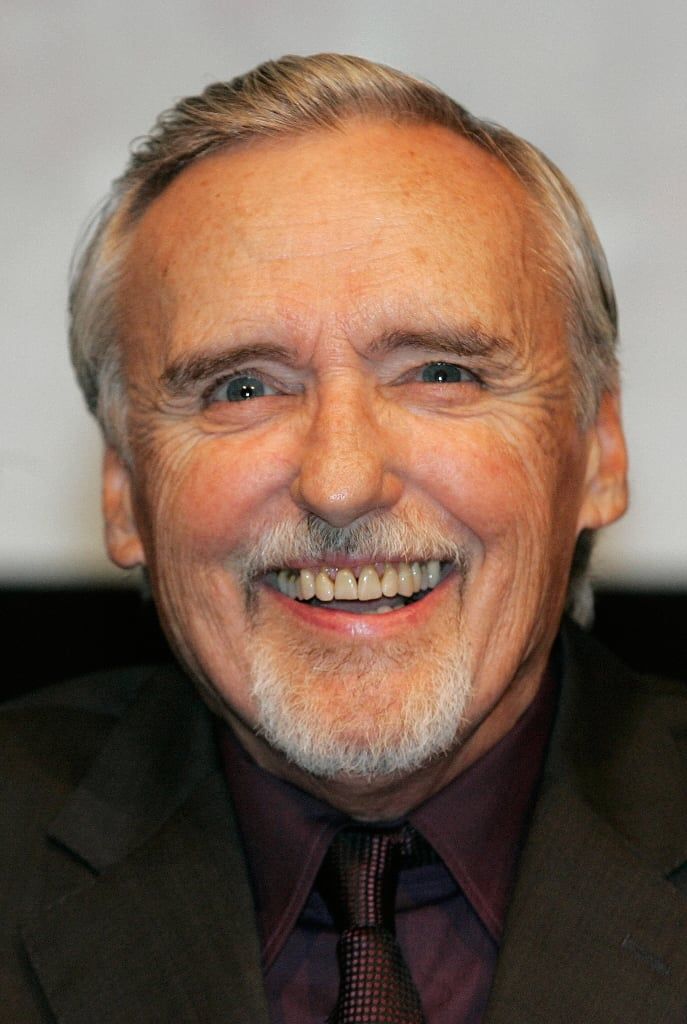
7. **Dennis**Our next stop brings us to Dennis, a name with roots so ancient they stretch back to Greek mythology. Derived from Dionysios, this name literally means “follower of Dionysus,” the Greek god of wine, revelry, and general good times. Talk about a lively origin story! It suggests a free-spirited energy that certainly resonated with parents looking for something a bit different, but still strong.
As the 20th century rolled on, Dennis found its footing in English-speaking countries, really hitting its stride after World War II. It was a time when parents were leaning towards names that felt simple, yet carried a robust, no-nonsense sound. Dennis fit that bill perfectly, embodying a straightforward charm that appealed to a generation ready to rebuild and embrace new beginnings.
But what truly rocketed Dennis into the American consciousness, solidifying its status as a Baby Boomer favorite? Look no further than the mischievous grin of a certain comic strip character. The iconic “Dennis the Menace,” who debuted in 1951, brought a playful, cheeky image to the name that was utterly irresistible. He wasn’t just a character; he was an institution, and his name became synonymous with youthful exuberance and a touch of innocent trouble.
Though once a staple of cartoon antics and real-life playgrounds, the name Dennis has largely retired from the spotlight. While it still carries a nostalgic ring for many, you’d be hard-pressed to find a classroom today brimming with little Dennises. It’s another classic that’s taken a quiet step back, making way for newer trends while leaving behind a legacy of menaces (the adorable kind, of course).
Read more about: The Ultimate Guide for Pet Owners: Uncovering the Top 14 Vehicles for Safe and Comfortable Travel with Canine Companions
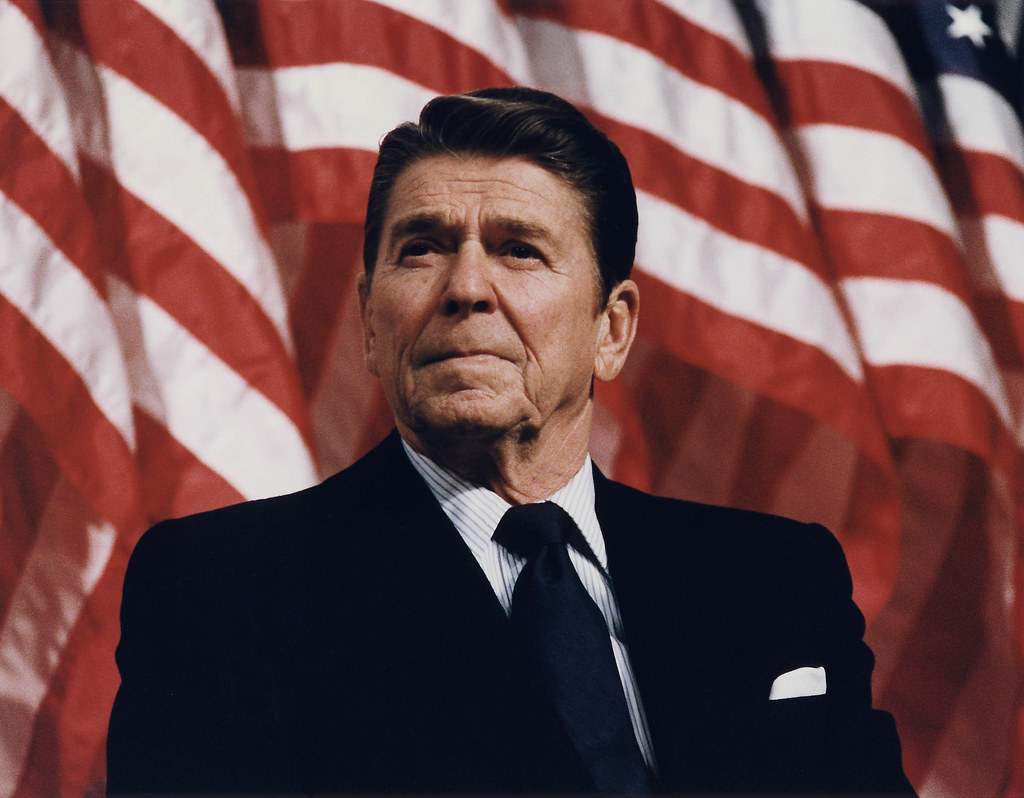
8. **Ronald**Next up, we have Ronald, a name that evokes a distinct blend of dignity and approachability, all thanks to a particularly famous figure. U.S. President Ronald Reagan, with his journey from Hollywood’s silver screen to the Oval Office, etched his name into the annals of national legend. His presence undoubtedly gave Ronald a presidential gravitas and a widely respected image that many parents aspired to for their children.
However, the 1960s brought an unexpected — and completely different — kind of notoriety to the name. Enter Ronald McDonald, the beloved, red-nosed mascot of American fast-food culture. This whimsical, silly, and undeniably iconic clown injected an entirely new flavor into the name. Suddenly, Ronald wasn’t just about political power or cinematic charm; it was also about happy meals and birthday parties, broadening its appeal (or perhaps, its perception).
It’s a curious thing how names can evolve, isn’t it? By the time the 1990s rolled around, Ronald began to feel a little… dated. It was burdened by both its mid-century overuse and, let’s be honest, its inescapable association with clowns. While the fast-food giant’s mascot remains instantly recognizable, the name Ronald itself quietly receded from the forefront of popular baby names, becoming a nostalgic echo rather than a modern choice.
Today, while the name Ronald still pops up here and there, it rarely graces the top spots on baby name lists. It stands as a fascinating example of a name profoundly shaped by both high-brow political influence and playful, pervasive pop culture, ultimately leading it to become a cherished, but less frequently chosen, relic of a bygone era. It certainly had a wild ride in the public imagination!
Read more about: Unlock Explosive Growth: 14 Simple Secrets to Viral Marketing Every Small Business Must Master

9. **Patricia**Ah, Patricia. This name carries an air of classic elegance, often softened and made more approachable by its delightful array of nicknames. Whether it was the sophisticated ‘Pat,’ the endearing ‘Patsy,’ the charming ‘Tricia,’ or the friendly ‘Patty,’ each diminutive offered its own unique cultural connotation, allowing the name to adapt to various personalities and styles throughout the decades.
Patricia truly shone in the spotlight, thanks to iconic figures who embodied its grace and strength. Think of actress Patricia Neal, whose powerful performances captivated audiences, or First Lady Pat Nixon, who brought a dignified presence to the national stage. These prominent women not only popularized the name but also imbued it with an aura of resilience and timeless appeal, making it a favorite for many Baby Boomer parents seeking a name with substance.
Yet, like many names that enjoyed immense popularity, Patricia has seen a decline in recent decades from its peak. While its prevalence on birth certificates has certainly lessened, it’s worth noting that the name hasn’t completely disappeared. It retains a certain classic charm, often evoking a sense of refined beauty and enduring warmth that continues to hold appeal for some, even if it’s no longer the widespread choice it once was.
So, while Patricia might not be as ubiquitous on today’s playgrounds, its legacy as a strong, elegant name with an impressive roster of famous bearers and beloved nicknames ensures its place in the history of American naming. It’s a testament to how some names, even as they recede from daily use, retain an undeniable, timeless allure, never truly going out of style, just taking a well-deserved rest.
Read more about: Understanding the Unraveling: 14 Critical Mistakes Behind the Collapse of Historical Empires
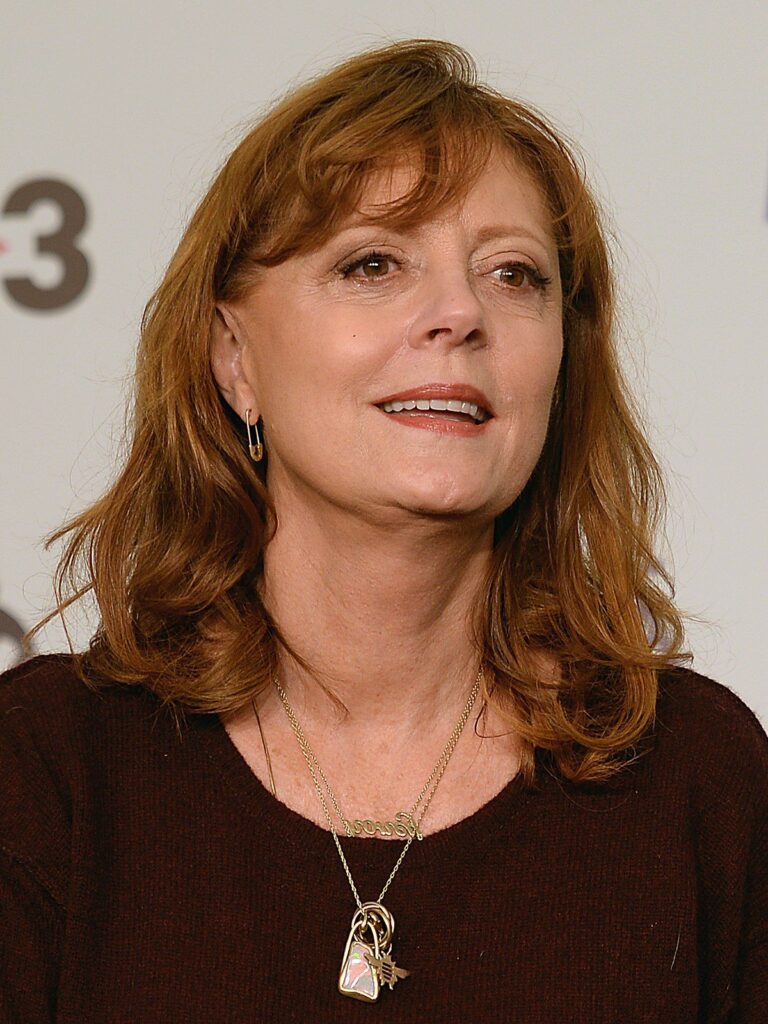
10. **Susan**Now, let’s twirl our way to Susan, a name with a rather curious, and perhaps unexpected, pop culture connection: the “Lazy Susan.” Yes, that rotating serving tray that makes sharing food a breeze! The origins of this ubiquitous household item, and consequently its name, are surprisingly uncertain, adding a layer of mystery to this otherwise straightforward moniker.
Media historian Markus Krajewski offers a fascinating theory, suggesting that the name might trace back to the 18th century. During that era, “Susan” was often used as a generic term for female servants. When paired with “lazy,” it could have reflected a common, albeit unfortunate, stereotype of household staff at the time. It’s a peek into historical social dynamics, wrapped up in a serving platter!
While popular anecdotes might attribute the invention of the Lazy Susan to famous figures like Thomas Jefferson or Thomas Edison, the historical record doesn’t offer much in the way of solid evidence to support these claims. It seems the “Lazy Susan” might forever remain a bit of an enigma, much like the broader naming trends themselves, proving that sometimes the most interesting stories are the ones we can’t fully pin down.
Despite its intriguing historical footnote, the name Susan itself, once a common and beloved choice for Baby Boomer girls, has followed the trajectory of many names on our list. While its association with the handy rotating tray might keep it in our lexicon, the name Susan has certainly seen its day in the sun for new parents. It’s another charming reminder of a past era, now largely retired from the top of the popularity charts.
Read more about: Beyond the Benevolence: Unpacking the 14 Worst Financial Scandals to Rock Celebrity-Linked Charities
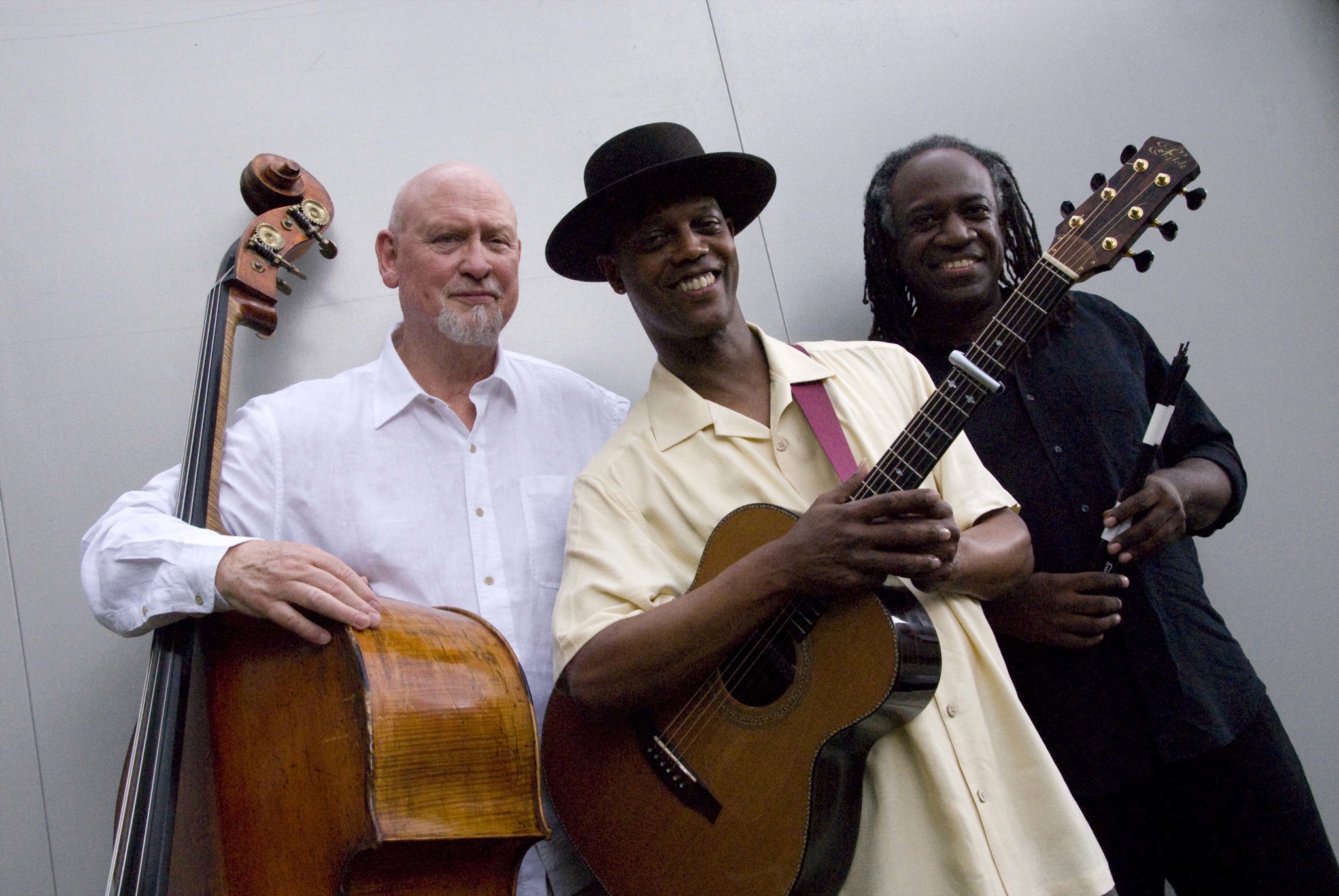
11. **Larry**Stepping into the spotlight is Larry, a name that began its life as a diminutive, a friendly shortened form of the more formal “Lawrence” or “Laurence.” But by the mid-20th century, Larry had truly come into its own, shedding its ‘nickname’ status to become a fully independent name. Its appeal was undeniable: short, sweet, and incredibly friendly-sounding, it quickly became a popular choice for Baby Boomers.
There’s something inherently approachable about Larry, isn’t there? This easygoing vibe was undoubtedly amplified by several prominent figures who kept the name sparkling in the public consciousness. We’re talking about legends like the incomparable talk show host Larry King, the basketball icon Larry Bird, and the groundbreaking musician Larry Graham. These “Larrys” brought diverse talents and personalities to the name, ensuring it remained relevant and well-regarded across different cultural landscapes.
While these famous personalities certainly extended Larry’s shelf life in popular awareness, the name itself, like many Baby Boomer favorites, eventually saw its widespread appeal wane. It’s a classic example of how even names with strong public figures associated with them can slowly recede from the top of baby name lists as new generations seek fresh sounds and styles.
Today, choosing Larry for a newborn feels less like riding a trend and more like making a deliberate, nostalgic nod to an earlier era. It’s a name that perfectly encapsulates that blend of familiarity and fading prevalence, reminding us of the cyclical nature of naming and how swiftly societal tastes can shift. Larry: forever friendly, but increasingly a retro charmer!
Read more about: Beyond the Benevolence: Unpacking the 14 Worst Financial Scandals to Rock Celebrity-Linked Charities

12. **Deborah/Debbie**Prepare for a name with serious historical gravitas: Deborah. Rooted deeply in Hebrew, its meaning, “bee,” perfectly symbolizes industriousness and wisdom. But Deborah isn’t just about buzzing around; it’s a name steeped in biblical power. She was an Old Testament prophetess and a judge of Israel, making her a figure of remarkable wisdom, leadership, and undeniable courage. Talk about a powerhouse namesake!
It’s no wonder, then, that American parents, particularly during the mid-20th century, were drawn to Deborah. They sought names that offered both profound religious depth and an energetic, vibrant appeal. This potent combination propelled Deborah into the top 10 baby names, making it a widespread and respected choice for countless girls of the Baby Boomer generation. It truly commanded attention on any birth certificate.
And for those who preferred a softer, more playful touch, the nickname “Debbie” emerged, gaining its own carefree and spirited association. We largely have the effervescent Debbie Reynolds to thank for that! While Debbie danced and sang her way into hearts, the full name Deborah steadfastly maintained its powerful biblical roots, offering a choice between timeless strength and approachable charm.
Despite its rich history and former ubiquity, Deborah has, like many of its generational counterparts, seen a significant drop in modern usage. While Debbie might occasionally surface with a retro flair, the full name Deborah is far less common on today’s playgrounds. It’s a vivid illustration of how even names with such profound historical and cultural weight can eventually yield to the ever-shifting preferences of new parents, becoming more of a fond memory than a current trend.

13. **Wilbert**And now, for our final name on this nostalgic expedition: Wilbert. This is a name that truly feels like a journey back in time, originating from Germanic roots and carrying the lovely meaning of “will” combined with “bright,” or simply, “desire.” It’s a name that conjures images of steadfastness and perhaps a touch of old-world charm, but definitely not one you hear every day.
The decline of Wilbert is a classic example of how naming styles evolve, gracefully (or sometimes not so gracefully) stepping aside for newer preferences. Modern parents, generally speaking, tend to gravitate towards names that are softer, often shorter, or simply possess a more contemporary ring. Wilbert, with its robust and traditional sound, simply doesn’t quite fit the current aesthetic.
Just how rare has Wilbert become? Well, reports suggest that in 2021, a mere 16 births in the U.S. were given the name Wilbert. Yes, you read that right – sixteen! It’s safe to assume that not many parents are choosing Wilbert for their little bundles of joy anymore, making it a truly unique, almost unheard-of, choice for today’s newborns. It’s truly a name that has quietly slipped into the archives.
So, if you ever stumble upon a little Wilbert on a playground, you’ll know you’ve encountered a rare gem, a tiny nod to a bygone era. It stands as a powerful testament to how dramatically naming preferences can change from one generation to the next, proving that some names, once common, now truly belong to the “gone but not forgotten” category, waiting for their next moment in the sun—if it ever comes!
Wrapping up our deep dive into Baby Boomer names, it’s clear that the world of naming is a vibrant tapestry, constantly reweaving itself with new threads while older ones gracefully recede. We’ve seen how names like Dennis, Ronald, Patricia, Susan, Larry, Deborah, and Wilbert each had their moment in the sun, shaped by everything from ancient myths and presidential legacies to mischievous cartoon characters and even kitchen gadgets. They soared in popularity, defined generations, and then, for various fascinating reasons, faded from the everyday conversations of new parents. This journey isn’t just about names; it’s about the stories, the cultural shifts, and the quiet march of time that leaves its indelible mark on even the most personal labels we carry. So, next time you hear a name that feels a little ‘vintage,’ take a moment to appreciate the rich history and cultural echoes it holds. It’s a reminder that every name has a story, and sometimes, those stories are truly unforgettable, even if the names themselves are now rare treasures.



